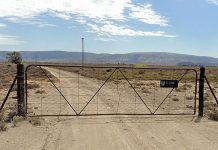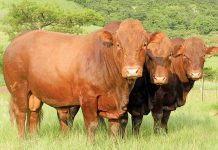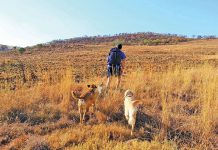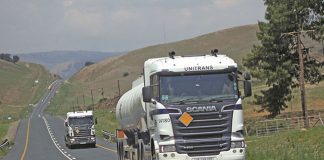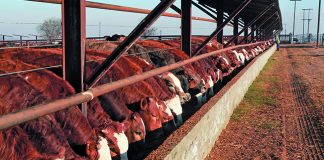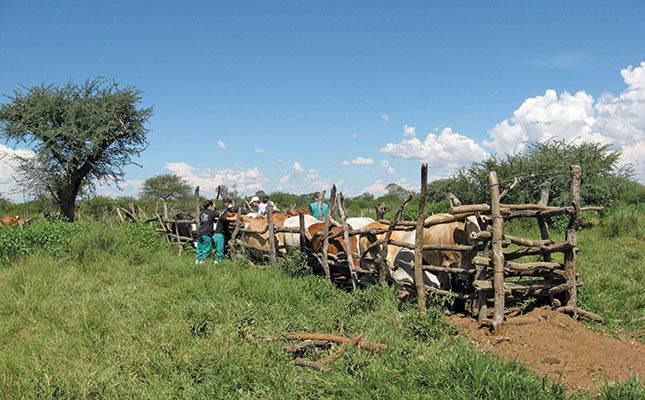
In a statement, the SAVC said that this would go a long way towards increasing the number of veterinarians in South Africa.
South Africa currently faced a severe shortage of these professionals, which placed food safety and security at risk, the SAVC warned.
READ UFS to open Faculty of Veterinary Science by 2027
Dr Nandipha Ndudane, president of the SAVC, said that the country needed to double its number of veterinarians, and quadruple its number of veterinary nurses, as these professionals were needed to help farmers run healthy herds and flocks.
“If there are not enough veterinary professionals working to contain diseases, there is a very real risk of, for example, foot-and-mouth disease spreading. We are concerned that the trickle-down impact on our agriculture sector could, ultimately, lead to a loss of jobs and a lowering of the GDP,” Ndudane said.
She added that about 150 veterinary surgeons and 30 veterinary nurses graduated from the University of Pretoria every year.
“However, SAVC records show that an average of 170 letters of good standing are being issued per year to local veterinarians and veterinary nurses who are considering leaving the country to practice abroad. The SAVC is concerned that South Africa will soon be shedding more veterinarians and veterinary nurses every year than it is producing.”
Compounding this issue, South Africa currently had only 68 qualified veterinarians per million citizens, which was far below the international benchmark of 200 to 400 veterinarians per million citizens, she said.
READ Grain SA to establish Nampo training facility
While the University of Fort Hare, the University of the Free State and the Sefako Makgatho Health Sciences University had all expressed interest in opening veterinary faculties to boost the supply of qualified veterinarians, this would take many years.
In the meantime, the shortage of veterinarians and animal health professionals would continue to pose a threat to the industry.
As such, Nandipha said government needed to remove the red tape that made it difficult for foreign-trained veterinarians to work in the country.
While veterinarians and veterinary nurses were reinstated to the critical skills list in 2023, delays at the Department of Home Affairs in issuing work and critical skills visas meant that it was not easy for foreign veterinary professionals to relocate to South Africa.
She urged government to make it easier and more attractive for skilled foreign veterinarians to practice in South Africa, and to make the environment more conducive for local veterinarians to conduct business in the country so that they would be more likely to stay than move abroad.





